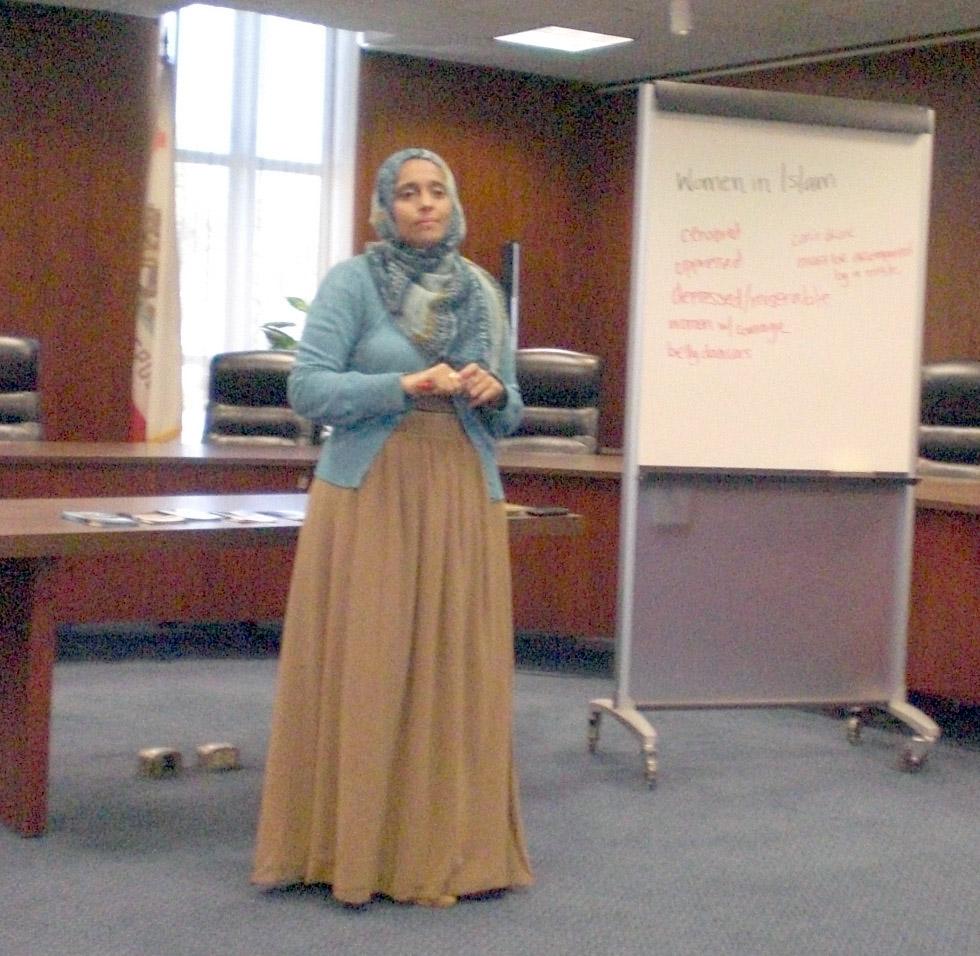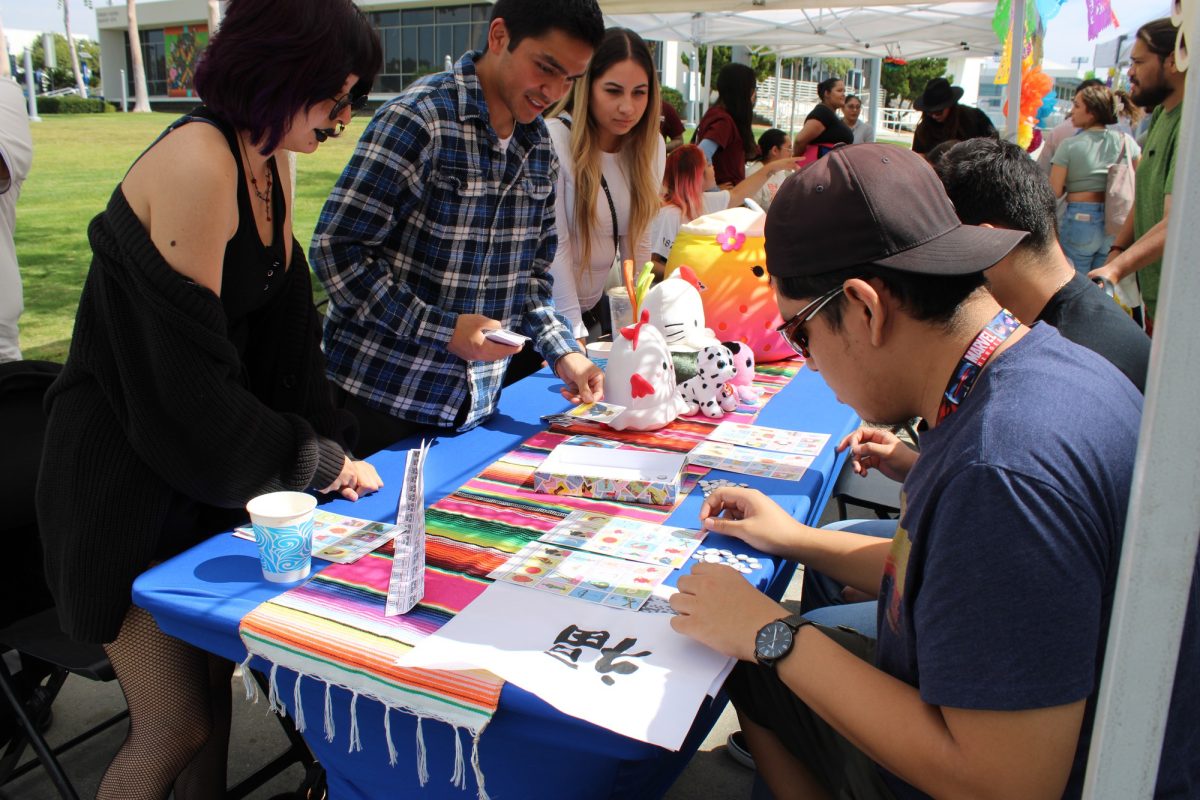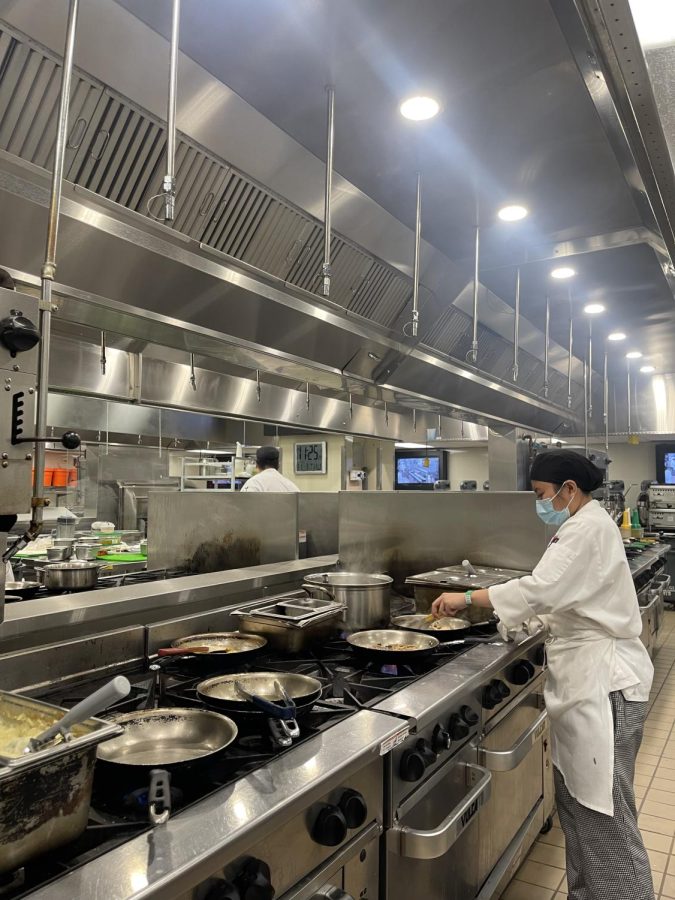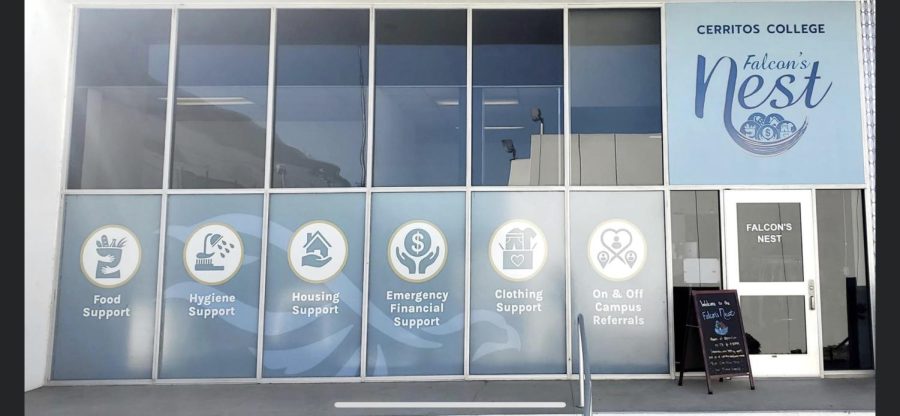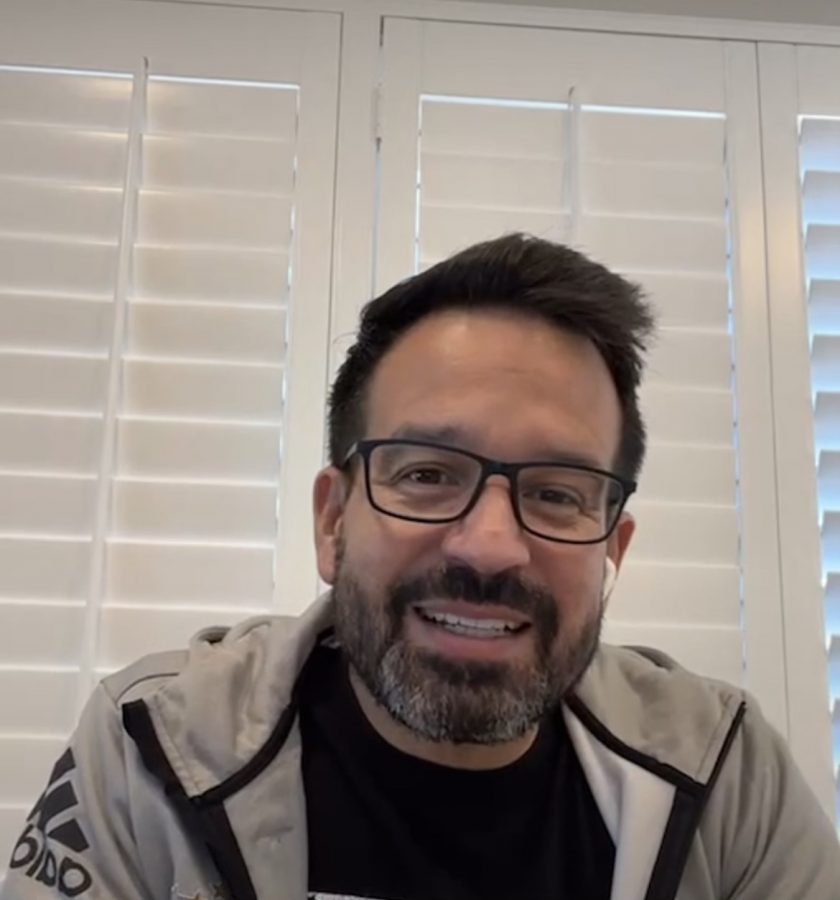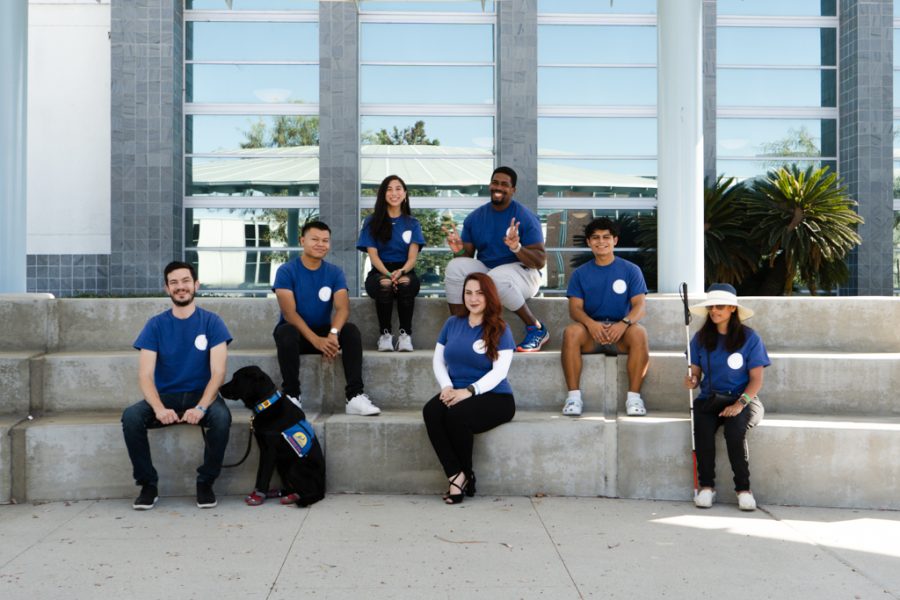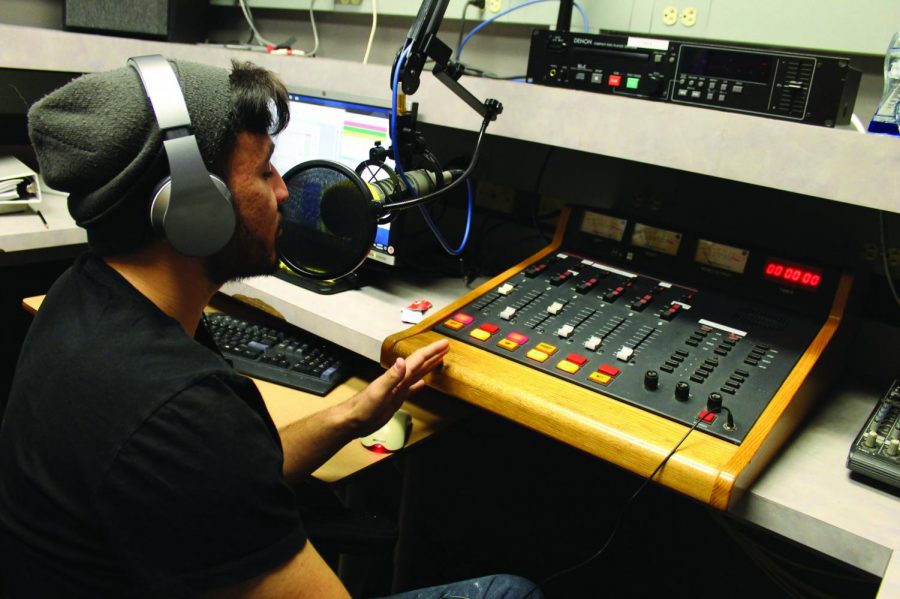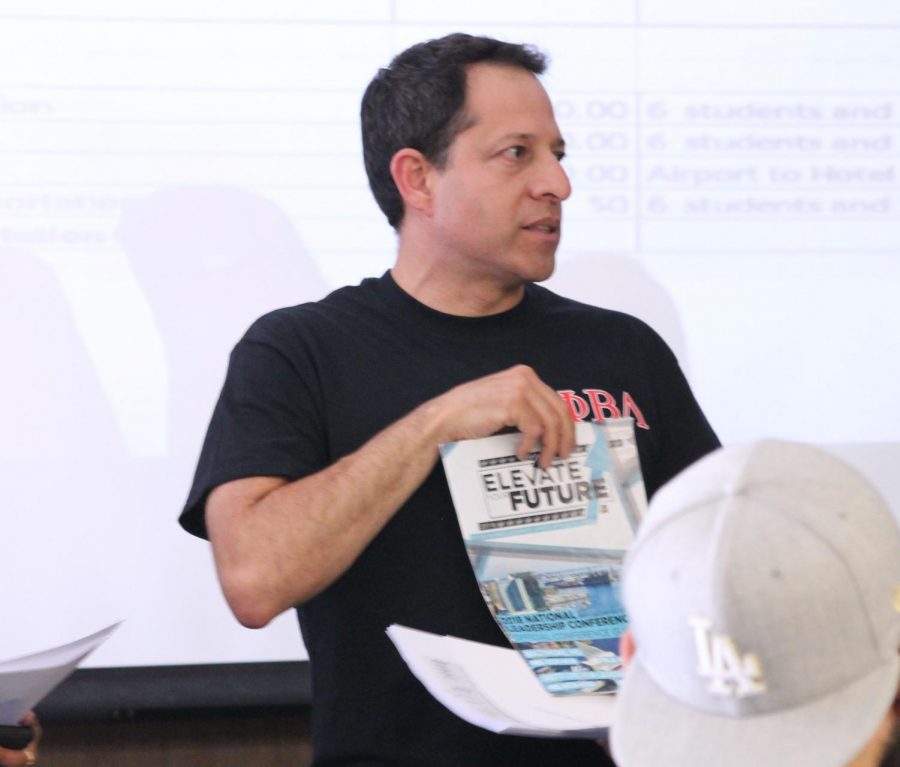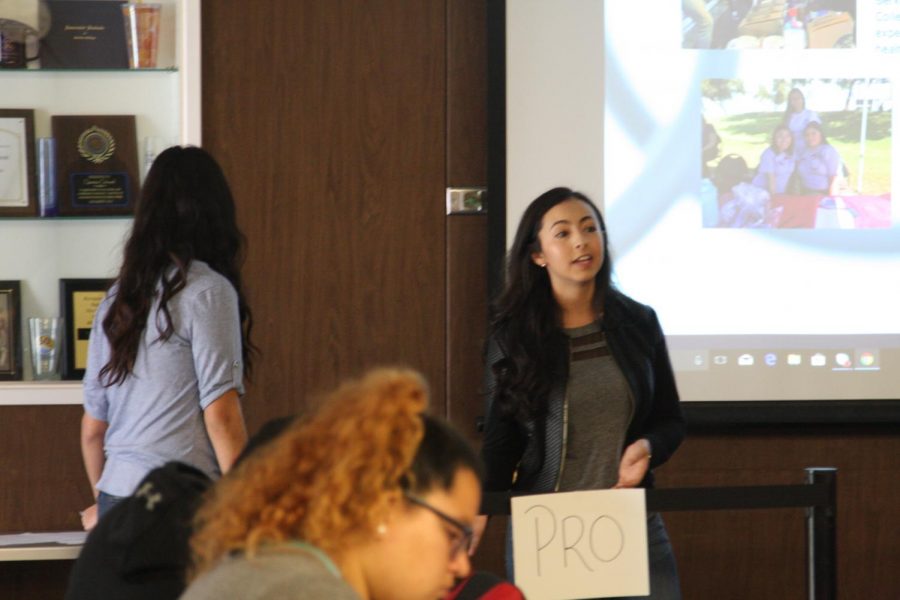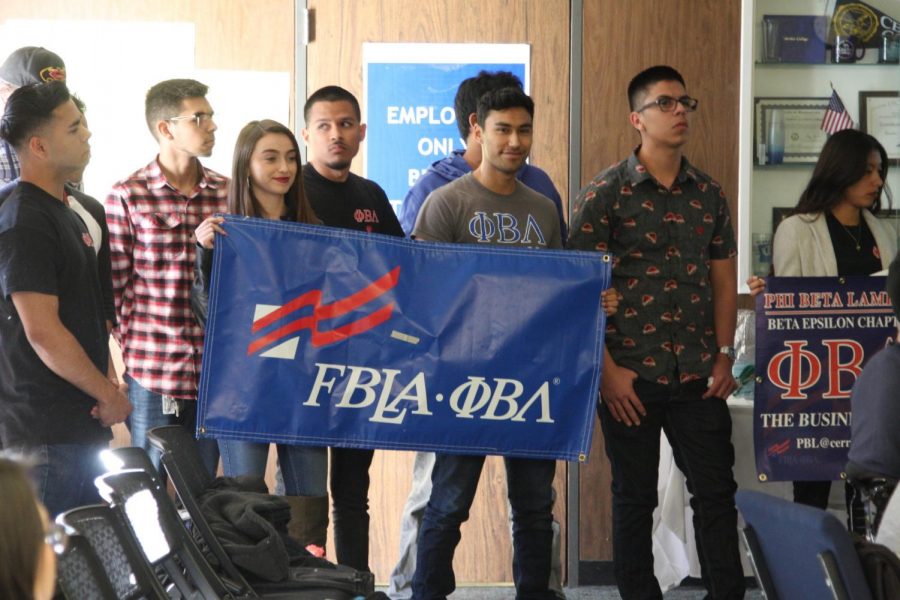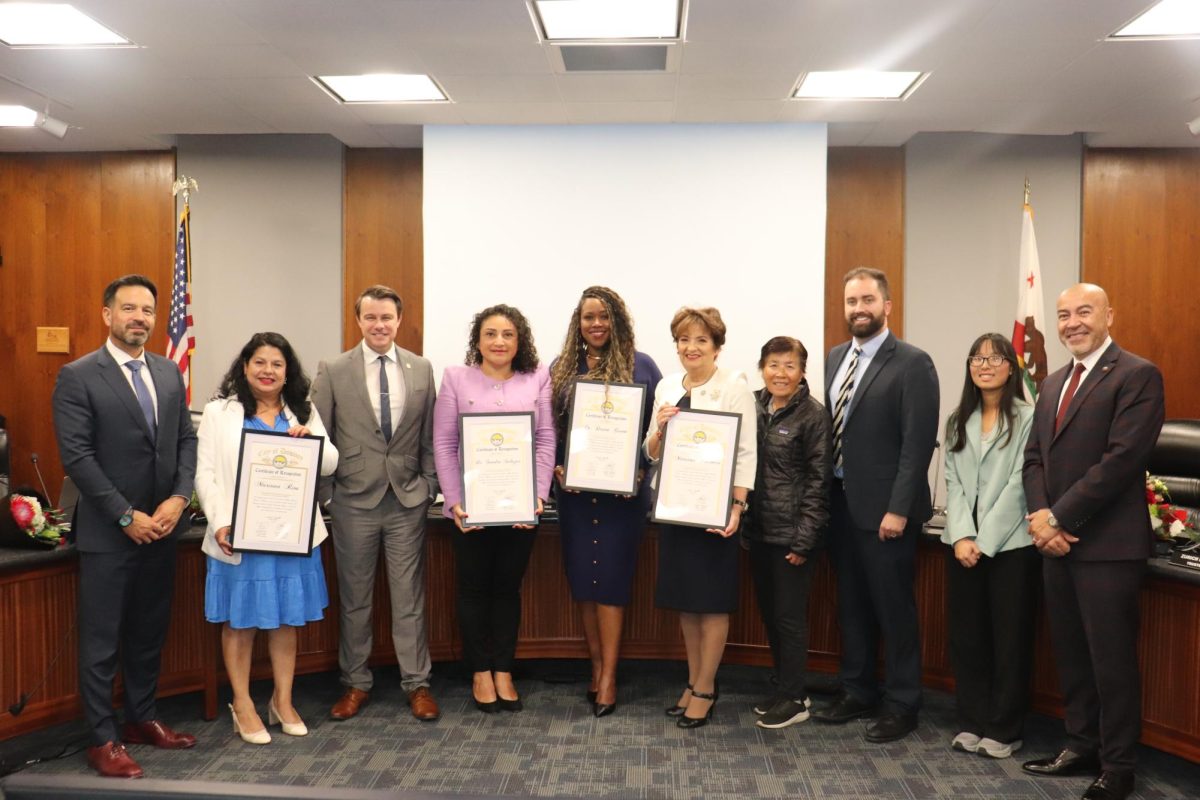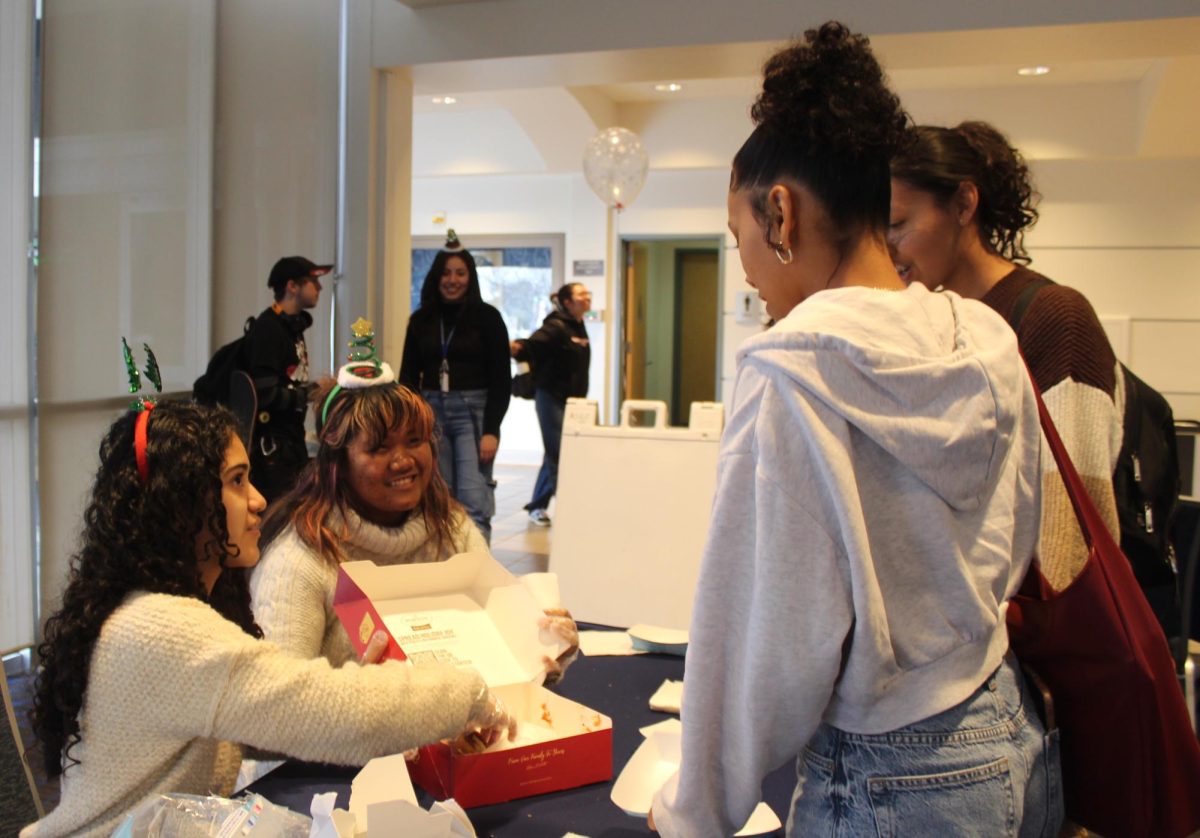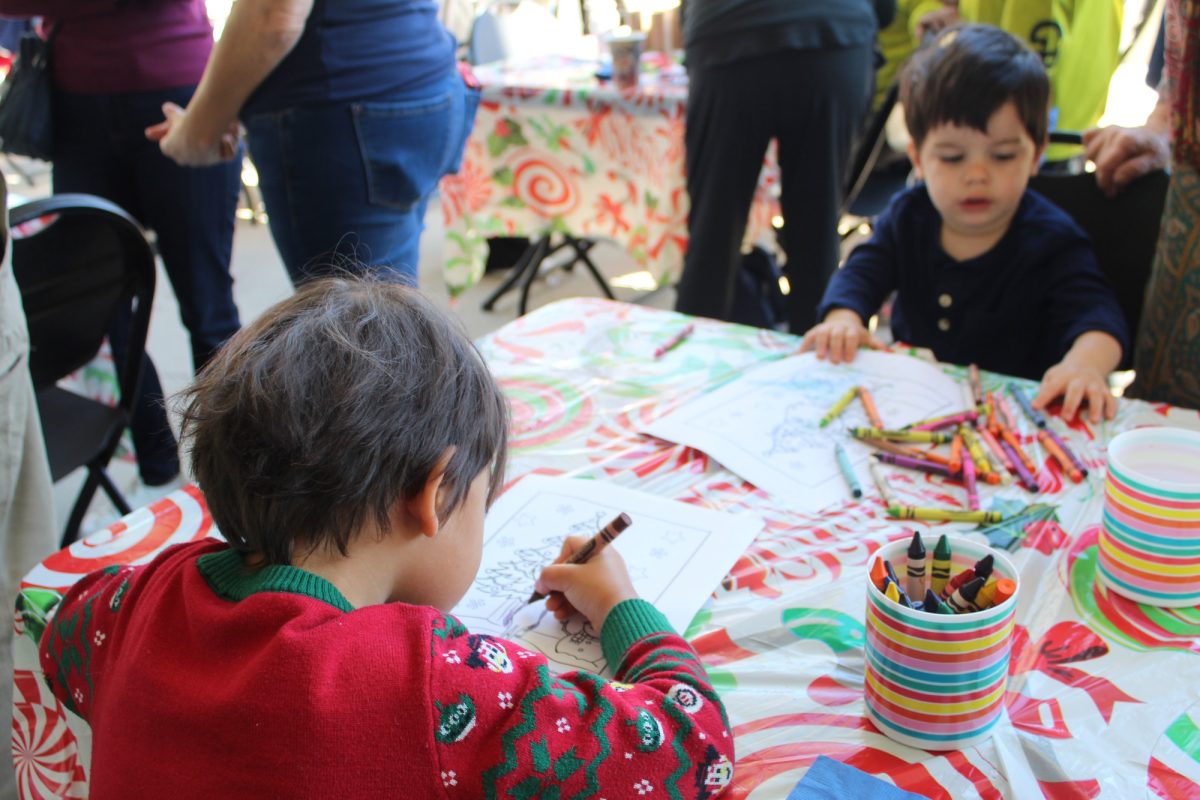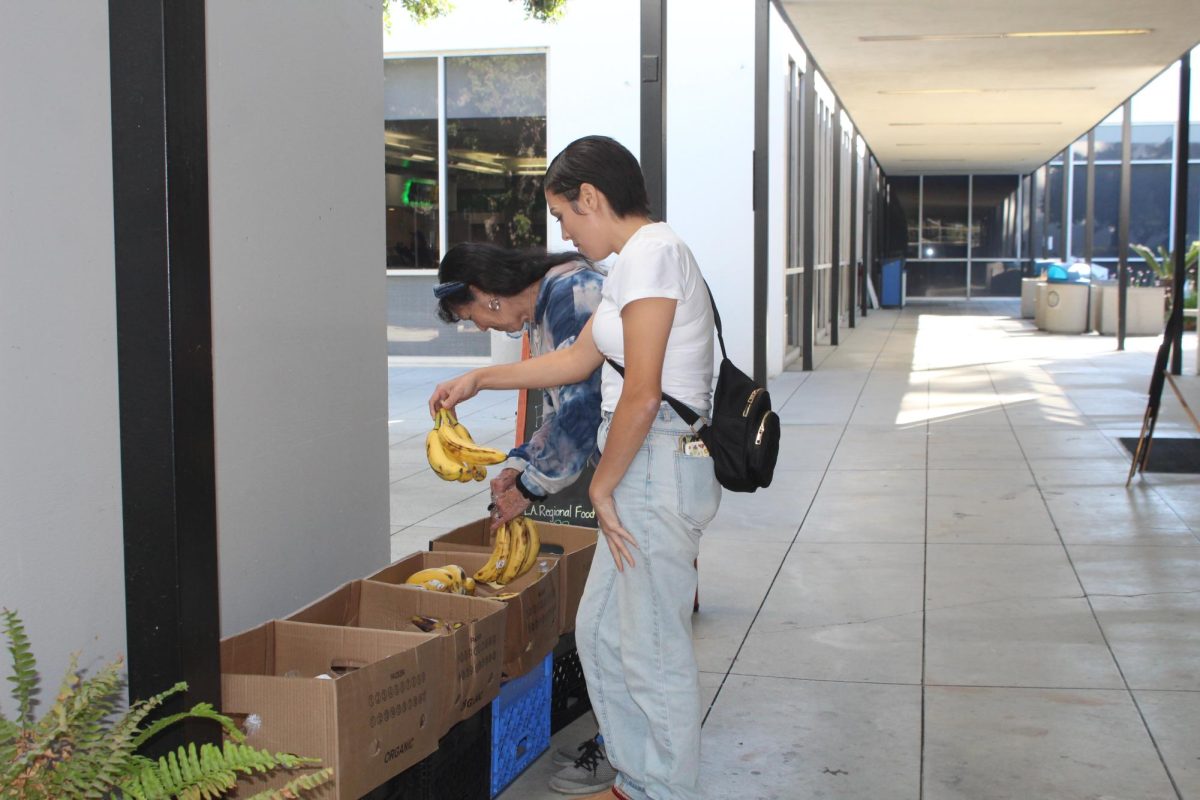Starting off a discussion UC Irvine graduate double major in English and sociology Marya Bangee, asked the audience to list all the things they heard about women in Islam.
An open debate about the Rights of Muslim Women was held at the Cheryl EppleBboardroom of Cerritos College on March 22, from 11:00 a.m. to 12:30 pm.
The event was organized by the Muslim Student Association, snacks typical of regions where Islam is practiced were given.
Some points brought up by the audience were stereotypes; others had some truth in them.
Bangee wanted to see the perspective on Muslim women, since she thinks the media gives the wrong image about what really Muslim women are about.
The audience said the following about Muslim women, they are censored, oppressed, miserable, women with a lot of courage, don’t have the choice to dress the way they want , forced to arranged marriages, men can have up to four wifes, can’t have physical contact with men, don’t be-friend people outside their religion, can’t date non-Muslim, have self-control and discipline.
Bangee made clear that Islam is a religion which is practiced around the world and women who practice it are treated differently depending on the country they live in.
She also said that the Quran, which is the holy book Muslims turn to for guidance, never states women are inferior. In fact, in the Quran at the Garden of Eden, both Adam and Eve sinned at the same time.
Bangee said, “Differential political entities are not representative of religion.
“One of the reasons why we see revolutions sweeping this part of the world is because people are finally saying this is enough, we want equality, we want freedom, we want democracy. And they are fighting for democracy.
“They carry out injustices and perpetrate inequality. That is something very prevalent in Muslim countries, because most of them are not Muslim as far as justice.”
Bangee went on through each point brought up by the audience earlier. And to prove many of these ideas are false she gave an example of three powerful women in Islam.
Muslim woman Tawakkol Karman from Yemen was given the 2011 Noble Peace Prize. She is a journalist and advocates for a free press. Bangee said, ” A woman who wears a head scarf, she is actually the founder of Women Journalists without Borders, she is deemed by her people to be the mother of the revolution.”
Queen Rania of Jordan who is also Muslim is an advocate for education especially for young children, showing everyone Muslim women can be successful.
Bangee thinks education is a way to liberate your mind, and different countries use religion in a way to reinforce patriarchy.
Bangee’s third example of influential women in Islam was Benazir Bhutto who held the position of Prime Minister of Pakistan was a democratic socialist, she was assassinated not because she was a woman but for political differences.
Once again proving women in Islam also can be public and political.
UCSD alumnus Anna Torres, who obtained her bachelor’s in comparative education and converted to a Muslim having a Mexican and Irish background, told what it’s like to live in a world full of stereotypes about her religion. She said, “Stereotypes of Muslim women are valid in a cultural context, when we see different political systems carrying them out. When we go back to the Quran you will not see those injustices.”
Muslim women have the right to choose the way they want to practice Islam, from the way they dress to who they date or marry.
Health Care Administration major Zahra Mrca explained why she chooses to wear the head scarf. She said, “I wear the head-scarf to represent my identity, every girl has a reason why they wear it, either modesty reasons; it is for god.”
She also said how she feels to get a little more respect from men since she wears the scarf.
Mrca also told the importance of MSA in campus, “It brings unity to the Muslims in campus because we are a minority. We try to spot the Muslims, but not everyone wears a scarf, so MSA brings us together.”


